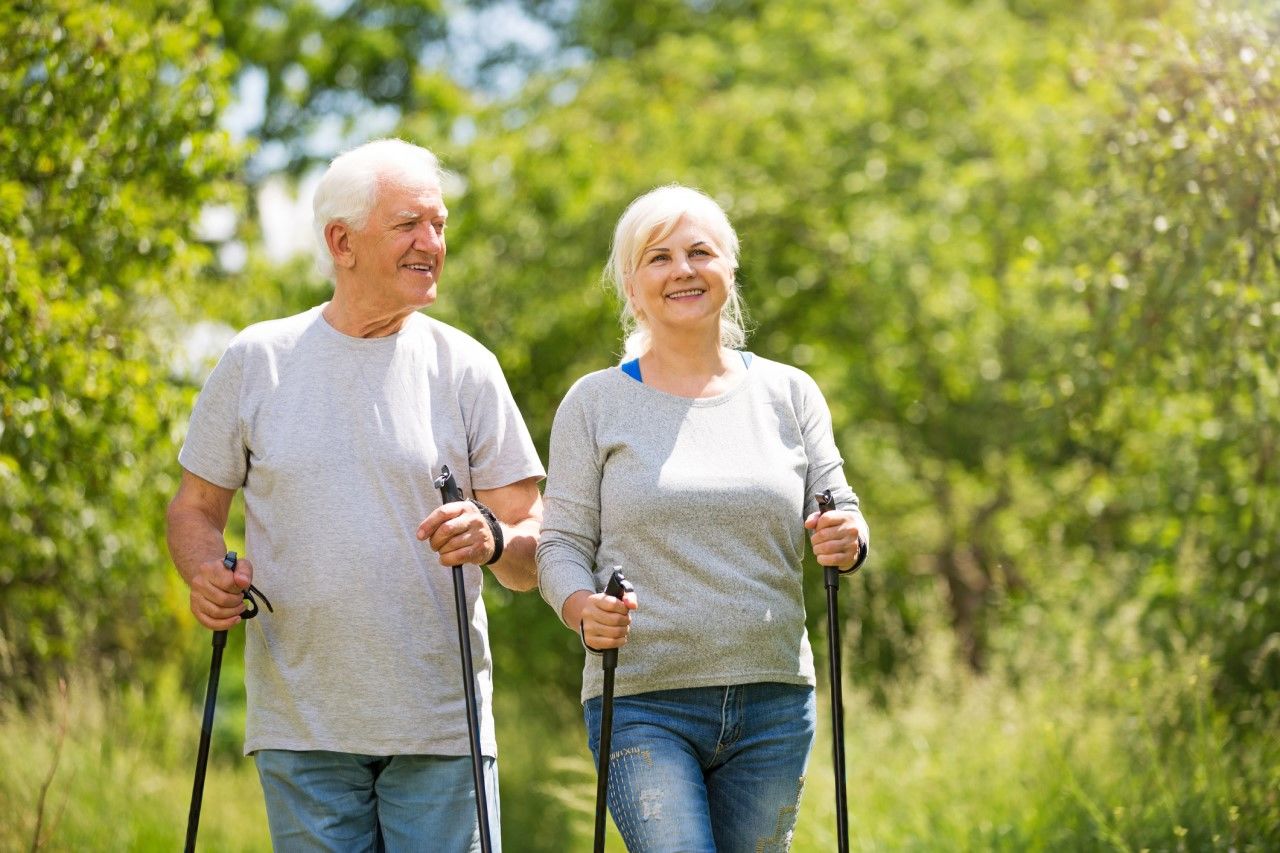Hiking for beginners: top tips
The weather is cooling down, making it ideal for outdoor activities. Hiking is increasingly popular with seniors looking for wellness, health and companionship or just getting away from it all.

Key Points
- There are many group and guided options that make hiking easy and fun for older people.
- The health and wellness benefits of hiking are well known through research.
- Preparation is important – read the following tips for beginners.
Hiking no longer has to mean lugging a heavy pack through remote bush. There are so many options including short walks, day walks and multi-day walks where all you carry is a light day pack while your guides keep you safe, cook, tend to quality accommodation and even open a bottle of wine at the end of the day.
But how do you start, especially if you’re new to hiking and wonder whether you’re fit enough? The enjoyment of walking and the health benefits may just get you on the way.
The list of benefits for ageing adults is long: from cardiovascular health, reduced arthritis symptoms, and improved bone density, to better memory, less depression, and stronger muscles.
If you’re new to hiking, or haven’t hiked in a while, the best way to start is slow and low. Find a nice path in the bush that has little-to-no elevation. If that agrees with you, and you want more of a challenge, look for a hiking trail with slightly higher elevations.
Hiking trails are often rated by other hikers, or for more organised trails, by the park in which the trail is situated. Before you lace up your boots, do your research and fully understand the type of trail you want to hike.
Physical benefits:
- Builds stronger muscles and bones
- Improves balance
- Improves health
- Decreases the risk of respiratory problems
- Burns calories
This will depend on the weather but always consider wearing (or packing) sunblock, insect repellent, a hat, breathable clothing, and hiking shoes that match the type of trail you will hike.
Socks are very important, so be sure they are breathable, and not made of cotton, which can cause blisters.
Mental benefits:
- Boosts mood
- Improves mental health
- Reduces stress
- Calms anxiety
- Lowers risk of depression
- Improves sensory perception
Walking sticks (or trekking poles) can be bought in most outdoors store or online. They can help keep you stable and upright, offer less strain on your knees and engage your arms when hiking uphill.
They have been known to save many hikers from stumbling on a root. If you purchase walking sticks, make sure you learn how to use them and set them up prior to your first hike.
Search YouTube for a video that will show you how to walk with two sticks, and a quick walk around the block will help you get your rhythm.
Water is essential for every hike. Pack more water than you think you will need but try not to over pack since you will need to carry everything, including taking your rubbish out with you. Packing snacks or enjoying lunch mid-hike is a wonderful way to take a break and enjoy your surroundings.
You can purchase a pre-made kit or make one yourself. Think about what you would need on the trail and then add it to the kit. Often people will pack adhesive bandages, blister treatment, pain-relief and allergy medications, tweezers for a potential splinter, bug spray, antiseptic wipes, and an antibiotic ointment such as bacitracin.
Relational benefits:
- Builds community
- Lessens isolation
- Strengthens relationships
- Decreases loneliness
Some hikers love walking solo while beginners may prefer joining other walkers. In that case, research walking groups in your area – there are even seniors groups. You’ll be surprised how many there are and how useful walking with others can be to learn more about the joys and challenges of hiking.
For further reading: Medical Guardian








